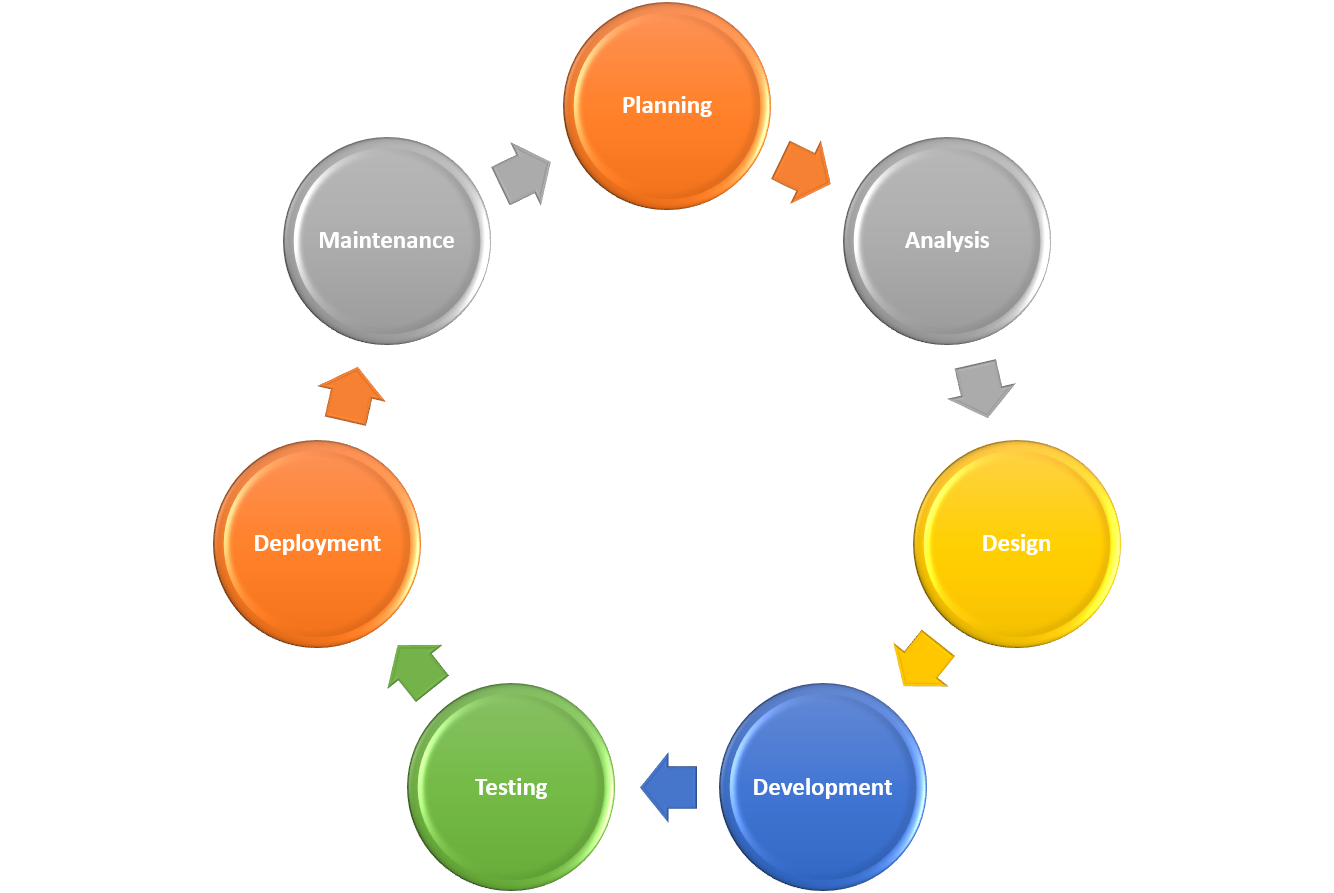
In the rapidly evolving landscape of modern business, the role of a Business Analyst (BA) has become increasingly pivotal. Business Analysts serve as the crucial link between the business objectives of an organization and the IT solutions that support these goals. They play a vital role in ensuring that an organization’s strategies are aligned with its technological capabilities and market demands. This blog explores the multifaceted roles and responsibilities of a Business Analyst, shedding light on why this role is indispensable for contemporary businesses.
Understanding the Role of a Business Analyst
At its core, a Business Analyst is a professional who analyzes and evaluates business processes, identifies needs, and proposes solutions. The primary goal of a BA is to enhance business efficiency through effective technology use and to drive improvements by introducing data-driven decision-making processes. The role is diverse and multifaceted, requiring a blend of analytical skills, business acumen, and technical knowledge.
Key Responsibilities of a Business Analyst
Requirement Gathering and Analysis
- Stakeholder Engagement: One of the primary responsibilities of a Business Analyst is to engage with stakeholders, including clients, users, and management, to understand their needs and requirements. This involves conducting interviews, surveys, and workshops to gather detailed insights.
- Documenting Requirements: After gathering information, BAs document these requirements clearly and comprehensively. This often involves creating detailed business requirement documents (BRDs) and functional specification documents (FSDs).
Business Process Improvement
- Process Mapping: BAs map out existing business processes to understand current operations and identify areas for improvement. This often involves creating flowcharts, diagrams, and models to visualize processes.
- Identifying Bottlenecks: They identify inefficiencies and bottlenecks within these processes and propose optimized workflows that enhance productivity and efficiency.
Solution Design and Validation
- Feasibility Analysis: BAs assess the feasibility of proposed solutions, considering technical, financial, and organizational constraints. This involves performing cost-benefit analysis and risk assessment.
- Prototyping: They may create prototypes and wireframes to visualize potential solutions and gather feedback from stakeholders before full-scale implementation.
Project Management Support
- Project Planning: BAs often support project managers in developing project plans, timelines, and milestones. They ensure that project objectives align with business goals.
- Change Management: They play a critical role in managing change by ensuring that all stakeholders are informed and prepared for any transitions. This involves creating training materials and conducting training sessions.
Communication and Collaboration
- Liaison Between Departments: BAs act as liaisons between different departments, ensuring clear and effective communication. They translate technical jargon into business-friendly language and vice versa.
- Facilitating Meetings: They facilitate meetings and workshops to ensure all parties are aligned and any issues are promptly addressed.
Data Analysis and Reporting
- Data Interpretation: BAs analyze business data to identify trends, patterns, and insights that can inform decision-making. They use various analytical tools and methodologies to extract meaningful information from data.
- Reporting: They create detailed reports and dashboards that provide stakeholders with clear insights into business performance and areas needing attention.
Skills Required for a Business Analyst
To effectively carry out these responsibilities, a Business Analyst must possess a diverse skill set, including:
- Analytical Skills: Ability to analyze complex data and business processes to identify problems and propose solutions.
- Communication Skills: Strong verbal and written communication skills to interact with stakeholders and document requirements clearly.
- Technical Proficiency: Understanding of IT systems, software development, and data analysis tools.
- Problem-Solving Skills: Aptitude for identifying problems, analyzing solutions, and implementing effective changes.
- Project Management: Basic understanding of project management principles to support planning and execution.
- Interpersonal Skills: Ability to build relationships with stakeholders and facilitate collaborative work environments.
The Impact of a Business Analyst on an Organization
The impact of a Business Analyst on an organization can be profound. By ensuring that business needs are accurately translated into technical requirements, BAs help to bridge the gap between what a business wants to achieve and what technology can deliver. This alignment is critical for the successful implementation of projects and the achievement of business objectives.
Moreover, BAs contribute to improved efficiency and productivity by optimizing business processes and ensuring that resources are used effectively. They also play a key role in risk management by identifying potential issues early in the project lifecycle and proposing mitigation strategies.
Conclusion
In today’s competitive and technology-driven business environment, the role of a Business Analyst is more important than ever. They provide the analytical insight and technical know-how needed to navigate complex business challenges and drive organizational success. By ensuring clear communication, efficient processes, and data-driven decision-making, Business Analysts help organizations achieve their goals and stay ahead in the market.
Whether you are looking to improve your current business processes, implement new IT solutions, or drive strategic initiatives, a skilled Business Analyst can be the key to unlocking your organization’s full potential. As businesses continue to evolve, the demand for proficient Business Analysts will only grow, making this a promising and rewarding career path for those with the right skills and mindset.


